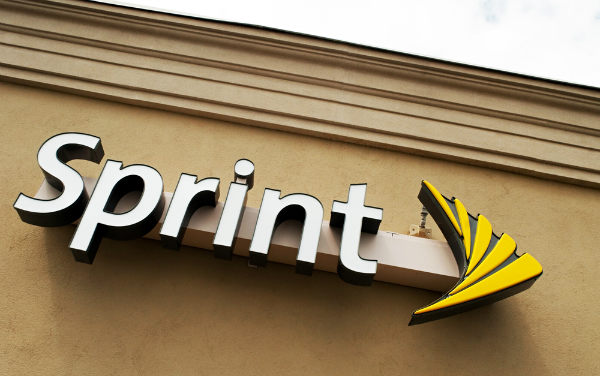
Update 4/27/18 at 10:15 A.M. EST: According to Reuters, T-Mobile and Sprint are hoping to finalize a deal next week to merge the two companies. There is no certainty that a deal will be reached, however, as we've previously seen twice now with the failure of earlier deal talks. And, even if the two wireless carriers can put their differences aside and agree to terms, that doesn't mean the governing bodies in the Trump administration would approve the deal.
If the two companies did merge, it would create more formidable competition for Verizon and AT&T, the first- and second-largest wireless carriers in the U.S. As of now, T-Mobile is the third-largest and Sprint is the fourth, but both companies are far behind the top two when it comes to subscriber count.
We will keep you posted on this developing story.
Original Article: T-Mobile and Sprint, currently the third- and fourth-largest telecom companies in America, have tried to merge twice. Both times the deals fell apart. One would think that failing twice would be enough to know that a merger is probably not going to happen.
But it appears that's not the case, as sources close to the matter informed The Wall Street Journal that merger discussions are happening again between the two companies. If they draft a potential deal, it will be the third time in four years that talks reached that stage.
However, there are some notable differences right now that could change the outcome of these talks. The biggest is that Sprint is not doing so hot financially, at least not as well as it was doing five months ago when the most recent merger talks fell through. Since the dismissal of deal talks last November, Sprint's share price dropped 20 percent, while T-Mobile's stayed strong.
That stock drop cost Sprint about $6 billion, bringing its market capitalization from $27 billion to about $21 billion. Meanwhile, T-Mobile is at a healthy $50 billion market cap.
If the tables are turning for Sprint, this could mean that it would be willing to concede control of the hypothetical company to T-Mobile, which it fought in the past. However, even then the merger would face regulatory approval, which resulted in the death of the first proposed deal in 2014; regulators under President Obama squashed the sale because it was a potential threat to consumer interests.
With the unpredictable Trump administration in power right now, there's no telling what would happen if a T-Mobile-Sprint deal were to go up for approval. On the one hand, FCC regulations are looser now than they were in 2014. But on the other hand, the government stopped the AT&T proposal to take over Time Warner for $85 billion. It's anyone's guess how a T-Mobile-Sprint deal would fare.
If a merger did go through, the combined company would only be a few million subscribers shy of current second-largest telecom company AT&T, and not too far off from top dog Verizon. It would create a much more even playing field with three companies of relatively the same size competing for your business. However, that could backfire and create a stagnant market with high prices and low service quality.
What do you think? Would you subscribe to a data plan with a T-Mobile-Sprint hybrid? Let us know in the comments!
NEXT: Best prepaid and no-contract plans in the U.S.
from Android Authority https://ift.tt/2qkK7YP
via IFTTT


Aucun commentaire:
Enregistrer un commentaire